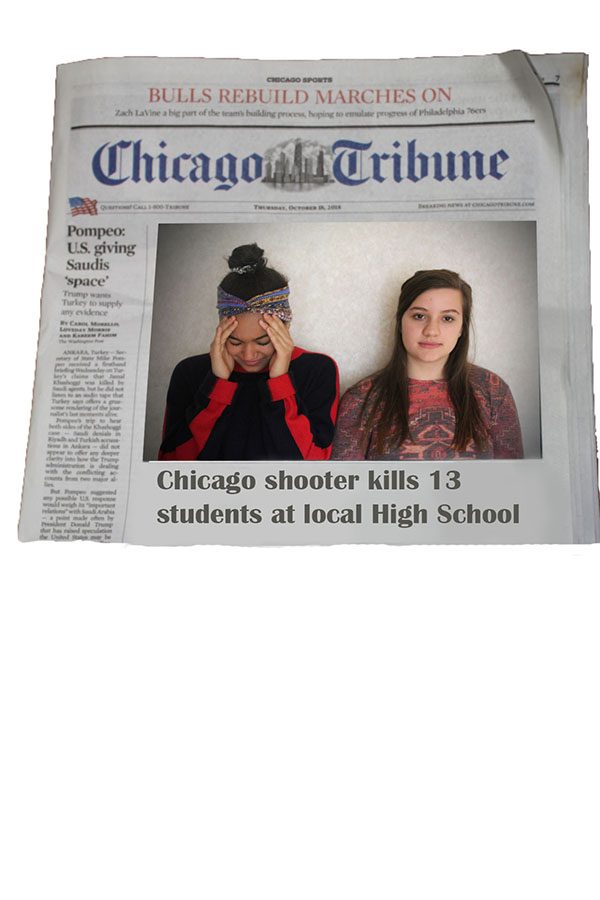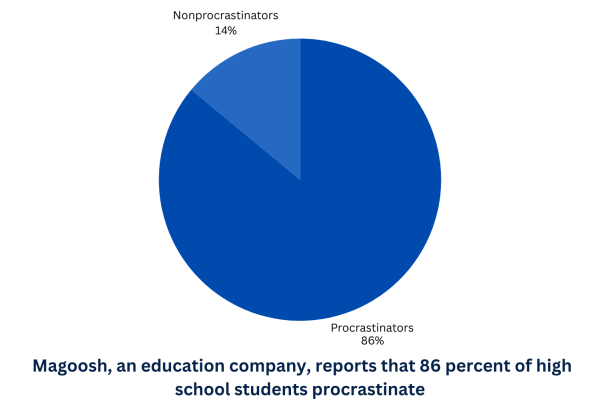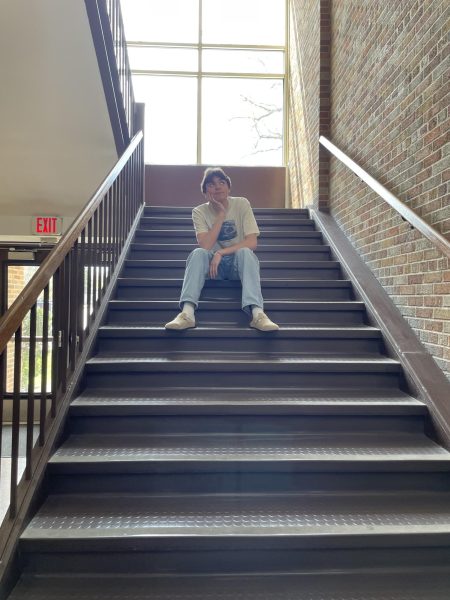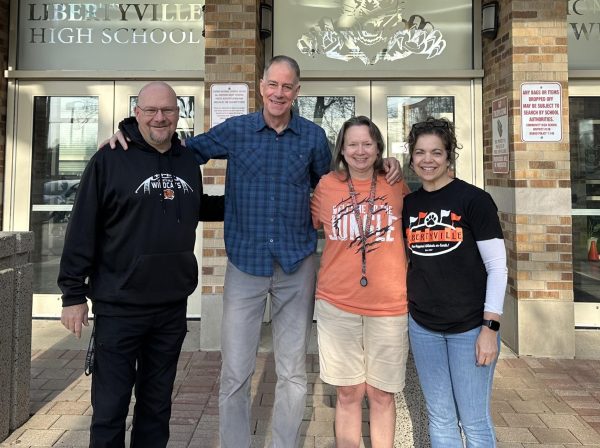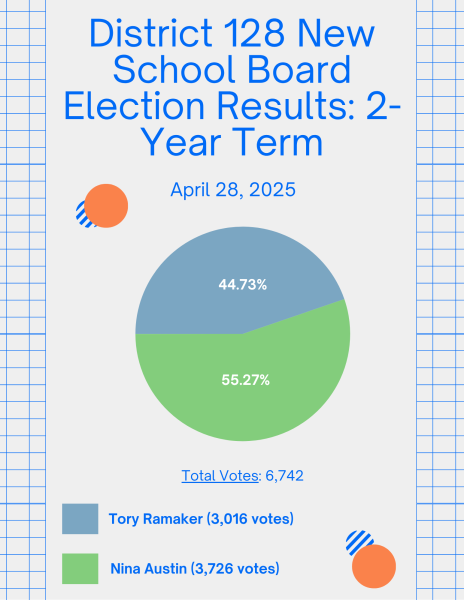The cap on compassion
As mass shootings continue to occur, it had become natural to be numb and unaffected of horrific headlines.
June 11, 2016: Omar Mateen enters the Pulse nightclub in Orlando, Florida, and opens fire, killing 49 people and wounding 53 others with an assault-style rifle.
Oct. 1, 2017: 58 people are killed when Stephen Paddock opens fire on a crowd at the Route 91 Harvest music festival in Las Vegas from a room in the Mandalay Bay Resort and Casino.
Nov. 5, 2017: 27 people are killed when 26-year-old Devin Patrick Kelley opens fire inside the First Baptist Church in Sutherland Springs, Texas, about 40 miles southeast of San Antonio.
Feb. 14, 2018: 17 people are killed when Nikolas Cruz opens fire inside a high school in Parkland, Florida, near Ft. Lauderdale.
Although they are among the most publicized, these mass shootings are not the only ones that have occurred in recent years. According to data from the nonprofit research group Gun Violence Archive, a total of 273 mass shooting incidents have occurred this year (as of Oct. 3) in the U.S., and this number continues to climb. In 2017, the U.S. saw a total of 346 mass shootings within its borders.
It would seem that with each death attributed to a mass shooting, we would all feel a greater sense of empathy and remorse.
Unfortunately, no. It’s only human nature to feel numb.
There’s a profound and infuriating psychological concept that can help explain increasing numbness in the face of long, slow-burning tragedy like mass gun violence in America. It’s this: As the number of victims in a tragedy increases, our empathy, and our willingness to do something, reliably decreases.
This tendency is called “psychic numbing.” The term was coined by renowned American psychiatrist Robert J. Lifton in 1967 to describe the “turning off” of feeling that enabled rescue workers to function during the horrific aftermath of the Hiroshima bombing. It describes how tragedies turn into abstractions in our minds, and how abstractions are easily undermined and even ignored.
“There is no constant value for a human life,” University of Oregon psychologist Dr. Paul Slovic, the leading expert on psychic numbing, reported in a 2007 study to the American Psychological Association. “The value of a single life diminishes against the backdrop of a larger tragedy.”
One of Dr. Slovic’s recent studies demonstrated this simply. Dr. Slovic and his colleagues asked participants how willing they would be to donate money to children in need. And all it took was raising the number of victims from one to two to see a decrease in empathy and donations to the children.
In another experiment, Dr. Slovic found participants were less likely to act on behalf of 4,500 lives in a refugee camp if the camp had 250,000 inhabitants than if it had 11,000, even though 4,500 lives should be as important in any context. It’s maddening.
“The feeling system doesn’t really add,” Dr. Slovic explained. “It can’t multiply; it doesn’t handle numbers very well.”
Why is it like this? Why have we become so numb?
A key player in this answer is the feeling of helplessness. Gun safety and school safety advocates say the shock factor has disappeared amid years of school shootings, making them feel like common, everyday events. And because of the monotonous nature of the tragedies, we believe that we are powerless in halting this epidemic. In turn, we shut off those feelings of empathy.
However, this excuse is deceptive. We are not helpless. We have the power to make change in this nation. Small changes to gun control laws could save lives. Banning semi-automatic weapons could save lives. Making it harder to purchase a gun could save lives.
Even though it goes against our instincts, we can choose empathy. But as the research suggests, if we allow for more mass shootings to happen, for the number of casualties to keep climbing, the numbing will only grow worse.
The change starts with you. A simple phone call or letter to our state’s elected officials can be more impactful than you’d think. Take a minute out of your day to contact one of the following senators or representatives, introduce yourself and voice your opinion on safety and gun control today.
Senator Tammy Duckworth
524 Hart Senate Office Building
Washington DC 20510
(202) 224-2854
www.duckworth.senate.gov/content/contact-senator
Senator Richard Durbin
711 Hart Senate Office Building
Washington DC 20510
(202) 224-2152
www.durbin.senate.gov/contact/
Representative Bradley Schneider
1432 Longworth House Office Building
Washington DC 20515
(202) 225-4835
www.schneider.house.gov/contact/



